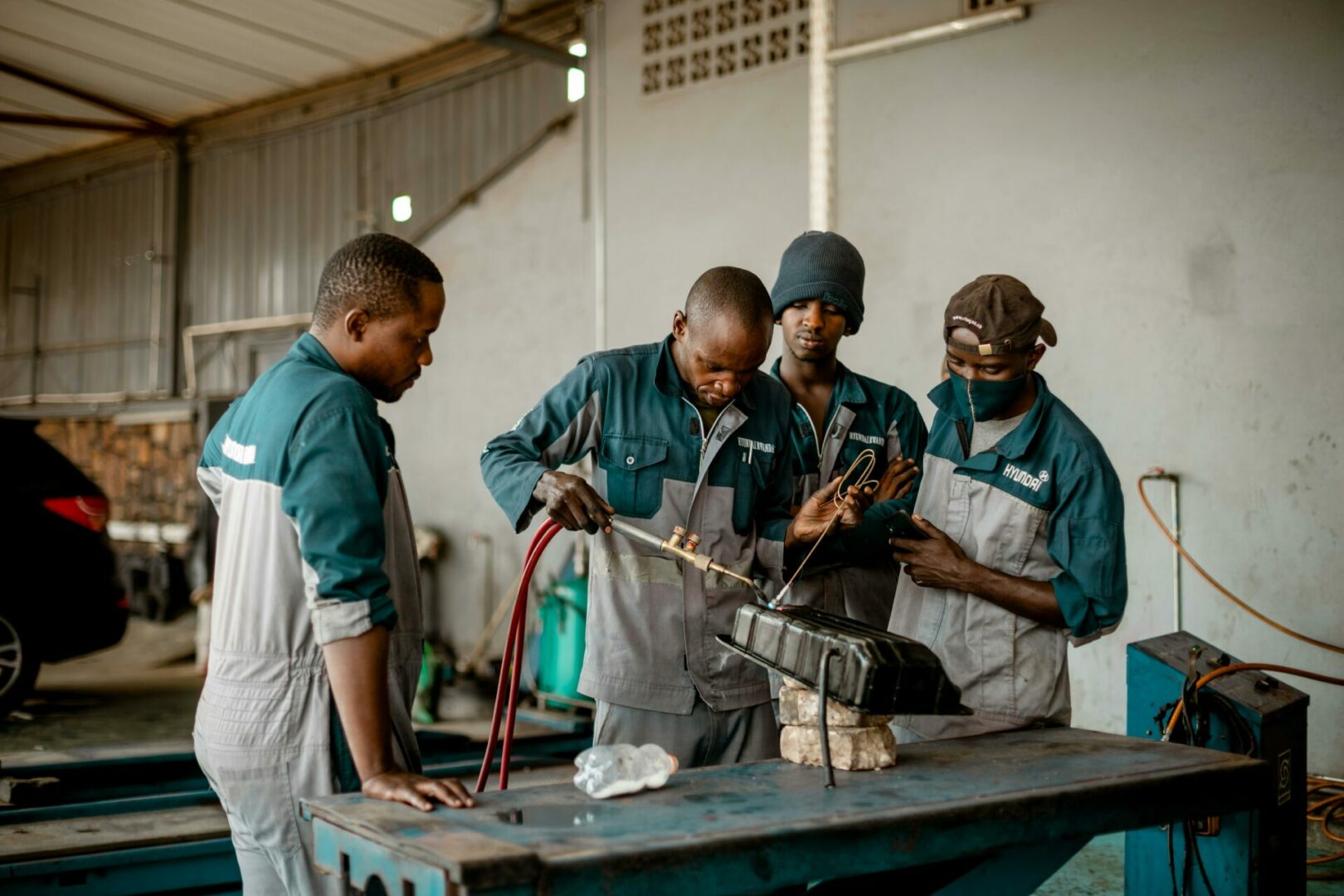Minimum wage policies across Africa vary significantly due to differences in economic development, inflation, and labour market conditions. While many nations have implemented substantial minimum wages to improve the welfare of workers, the real impact often depends on factors like cost of living, enforcement, and regional disparities. Below is an overview of 10 African countries with the highest minimum wages in 2025.
1. Seychelles – $424 per month
Seychelles leads Africa with the highest minimum wage, reflecting its tourism-driven economy and high cost of living. The government’s progressive labour policies aim to ensure a decent standard of living for workers, particularly in the services sector.
2. Mauritius – $357 per month
Mauritius offers a minimum wage of MUR 16,500 (approximately $357). This reflects the country’s focus on economic growth and worker welfare, with annual adjustments to match inflation. Workers in key sectors like manufacturing and tourism benefit significantly from this policy.
3. Morocco – $265 per month
Morocco’s minimum wage stands at MAD 3,070 (around $265). The country applies this rate across public and private sectors, with regular reviews ensuring alignment with inflation and economic conditions.
4. South Africa – $264 per month
South Africa’s minimum wage is set at ZAR 4,772 per month (about $264). Adjustments are made annually to accommodate inflation. While this policy helps address inequality, enforcement in the informal sector remains a challenge.
5. Libya – $210 per month
Libya maintains a relatively high minimum wage despite ongoing political instability. Its oil-rich economy supports wage policies aimed at protecting workers from inflation and economic uncertainties.
Evolution of Kenya’s Minimum Wage: 1963 to 2025
6. Egypt – $194 per month
Egypt’s minimum wage is EGP 6,000 per month (approximately $194). Recent increases aim to counter inflation and improve living standards, particularly in urban areas where the cost of living is higher.
7. Tunisia – $170 per month
Tunisia’s well-structured minimum wage policies include specific rates for agricultural and non-agricultural workers. These measures reflect the government’s commitment to supporting its workforce amid economic challenges.
8. Algeria – $156 per month
Algeria’s minimum wage is set at DZD 20,832 (about $156). While this provides a safety net for workers, inflation and enforcement gaps reduce its impact on living standards, especially in rural areas.
9. Kenya – $152 per month
Kenya’s minimum wage is KSh 15,201.65 per month (approximately $152). The government periodically reviews wages to keep up with inflation, with the latest increase implemented in 2024.
10. Gabon – $150 per month
Gabon’s minimum wage of $150 reflects its oil-based economy. While the government has made efforts to support workers, enforcement challenges persist, particularly outside urban areas.
Conclusion
These African countries have taken significant steps to establish higher minimum wages, aiming to reduce poverty and support their workers. However, the real effectiveness of these policies depends on addressing challenges like inflation, enforcement, and cost-of-living disparities. Policymakers continue to work toward more equitable and sustainable wage structures to ensure improved living standards for workers across the continent.
Did you love the story? You can also share YOUR story and get it published on Bizna Click here to get started.






